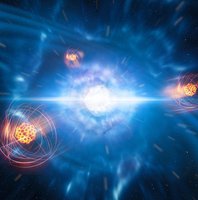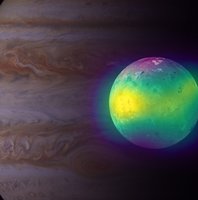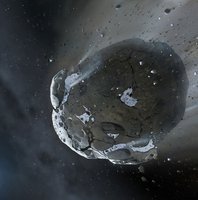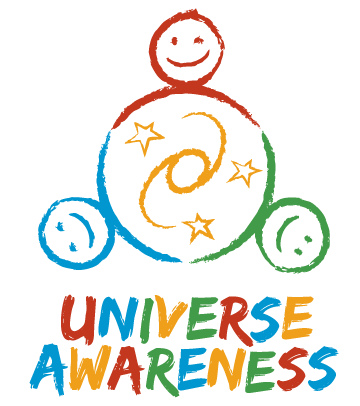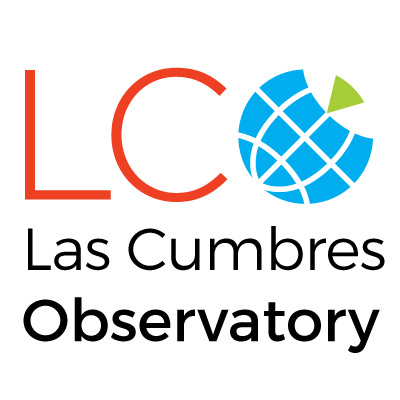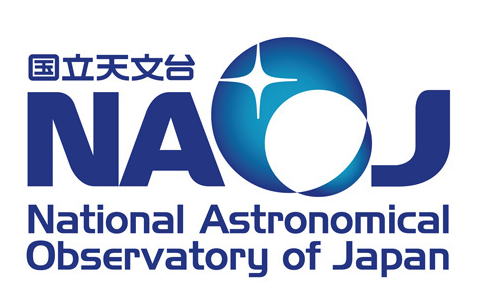About 1 in 20 of the meteorites that have been found on Earth are thought to have come from the asteroid Vesta! The meteorites were broken off from Vesta during collisions with other asteroids. Eventually, these bits of rocks ended up falling to Earth!
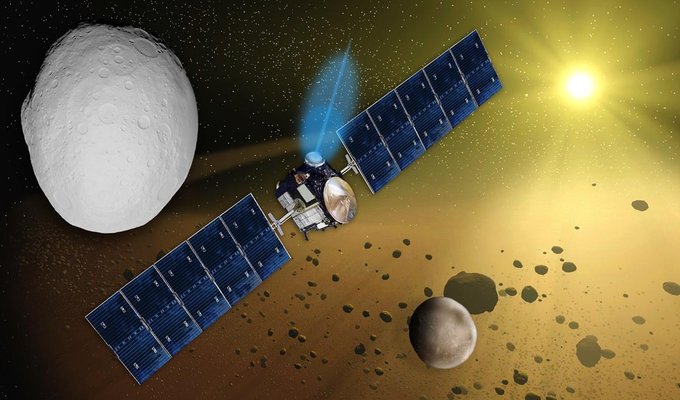
Today, scientists working on the spacecraft Dawn made a big impact with an exciting new discovery: one of the largest mountains in the Solar System has been found on an asteroid!
Asteroids are lumps of rocky and icy material in space. They are very old and formed at the birth of the Solar System. Most of the asteroids in the Solar System are found between the planets Mars and Jupiter – a region that is called the Asteroid Belt.
By studying asteroids, astronomers hope to learn more about the formation of the Solar System. That’s why astronomers sent the spacecraft Dawn on a 4-year voyage to an asteroid called Vesta, which is found in the Asteroid Belt. Since July, it has been in orbit around the asteroid, photographing the surface of this space rock.
Vesta is much smaller than the Earth – you could fit about 14,000 of this asteroid inside the Earth! Yet, despite being a small rock, the pictures taken by the Dawn spacecraft show that Vesta has one of the largest mountains in the Solar System on its surface. This huge mountain is about 20,000 metres high – that’s about double the height of the tallest mountain on Earth!
Next July, the Dawn spacecraft will leave Vesta and head towards the largest asteroid in the Solar System, which is called Ceres. To travel to these two asteroids, the spacecraft is using a new type of engine, called an ‘ion drive’ – it sounds like something straight out of Star Trek!
Image credit: NASA/JPL-Caltech/UCLA/McREL






